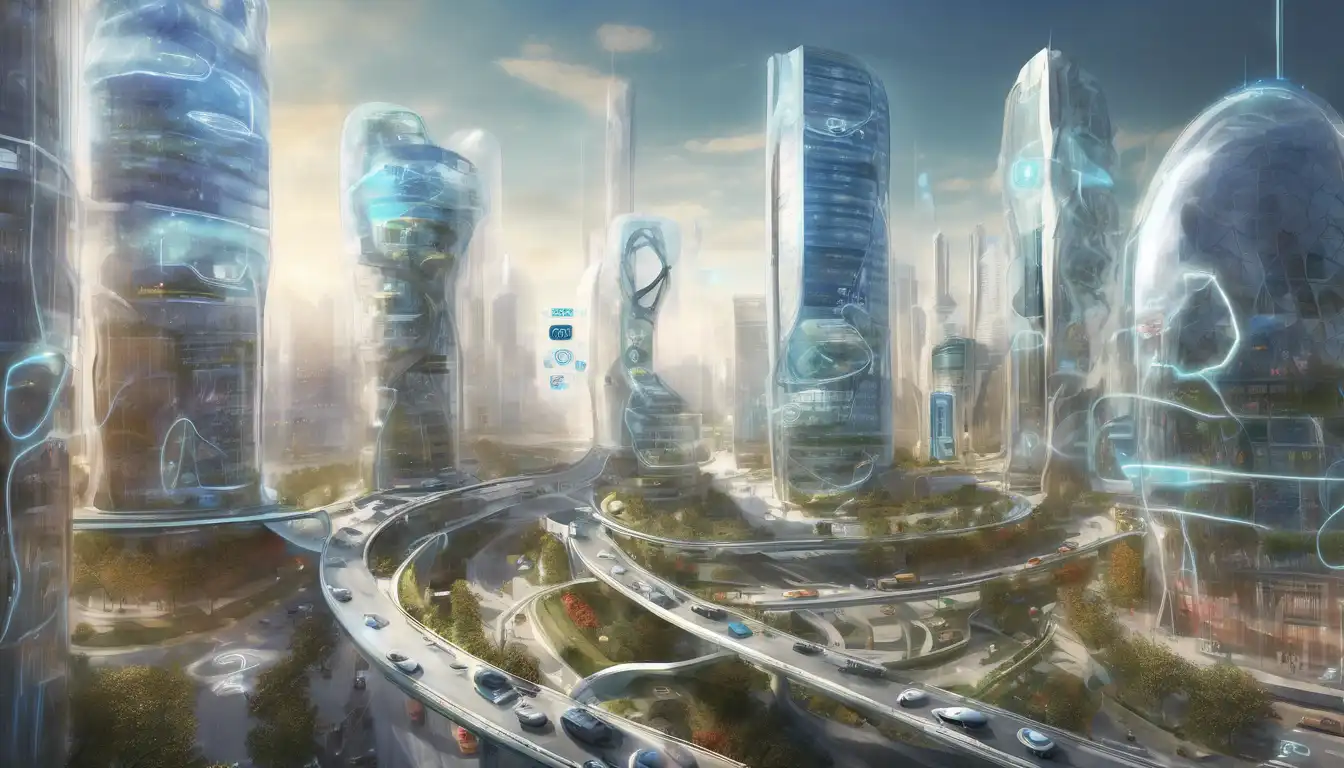The Role of IoT in Shaping Smart Cities
The Internet of Things (IoT) is revolutionizing the way cities operate, making them smarter, more efficient, and more sustainable. By connecting devices, vehicles, and infrastructure to the internet, cities can collect and analyze data to improve services and the quality of life for their residents. This article delves into the future of IoT in smart cities, exploring its potential to transform urban living.
Understanding IoT and Smart Cities
At its core, IoT refers to the network of physical objects embedded with sensors, software, and other technologies to connect and exchange data with other devices and systems over the internet. Smart cities leverage IoT to enhance urban infrastructure, public services, and environmental sustainability. From traffic management to waste collection, IoT is at the heart of the smart city revolution.
Key Benefits of IoT in Smart Cities
- Improved Traffic Management: IoT enables real-time traffic monitoring and smart signaling to reduce congestion and improve road safety.
- Enhanced Public Safety: Smart surveillance and emergency response systems powered by IoT can significantly reduce crime rates and response times.
- Energy Efficiency: Smart grids and IoT-enabled devices help cities reduce energy consumption and lower carbon emissions.
- Waste Management: IoT sensors in waste bins can optimize collection routes and schedules, leading to cleaner and more efficient cities.
Challenges and Considerations
Despite its benefits, the integration of IoT in smart cities faces several challenges, including privacy concerns, cybersecurity risks, and the need for significant investment in infrastructure. Addressing these issues is crucial for the successful implementation of IoT technologies in urban environments.
The Future of IoT in Smart Cities
Looking ahead, the potential of IoT in smart cities is boundless. With advancements in technology and increasing adoption rates, we can expect to see more innovative applications of IoT, from autonomous vehicles to smart buildings that adapt to our needs. The future of smart cities is not just about technology; it's about creating more livable, sustainable, and inclusive urban spaces for everyone.
As we continue to explore the possibilities of IoT in smart cities, it's clear that this technology will play a pivotal role in shaping the urban landscapes of the future. By embracing IoT, cities can not only improve efficiency and sustainability but also enhance the quality of life for their residents.
For more insights into the future of urban technology, check out our articles on smart infrastructure and sustainable cities.
